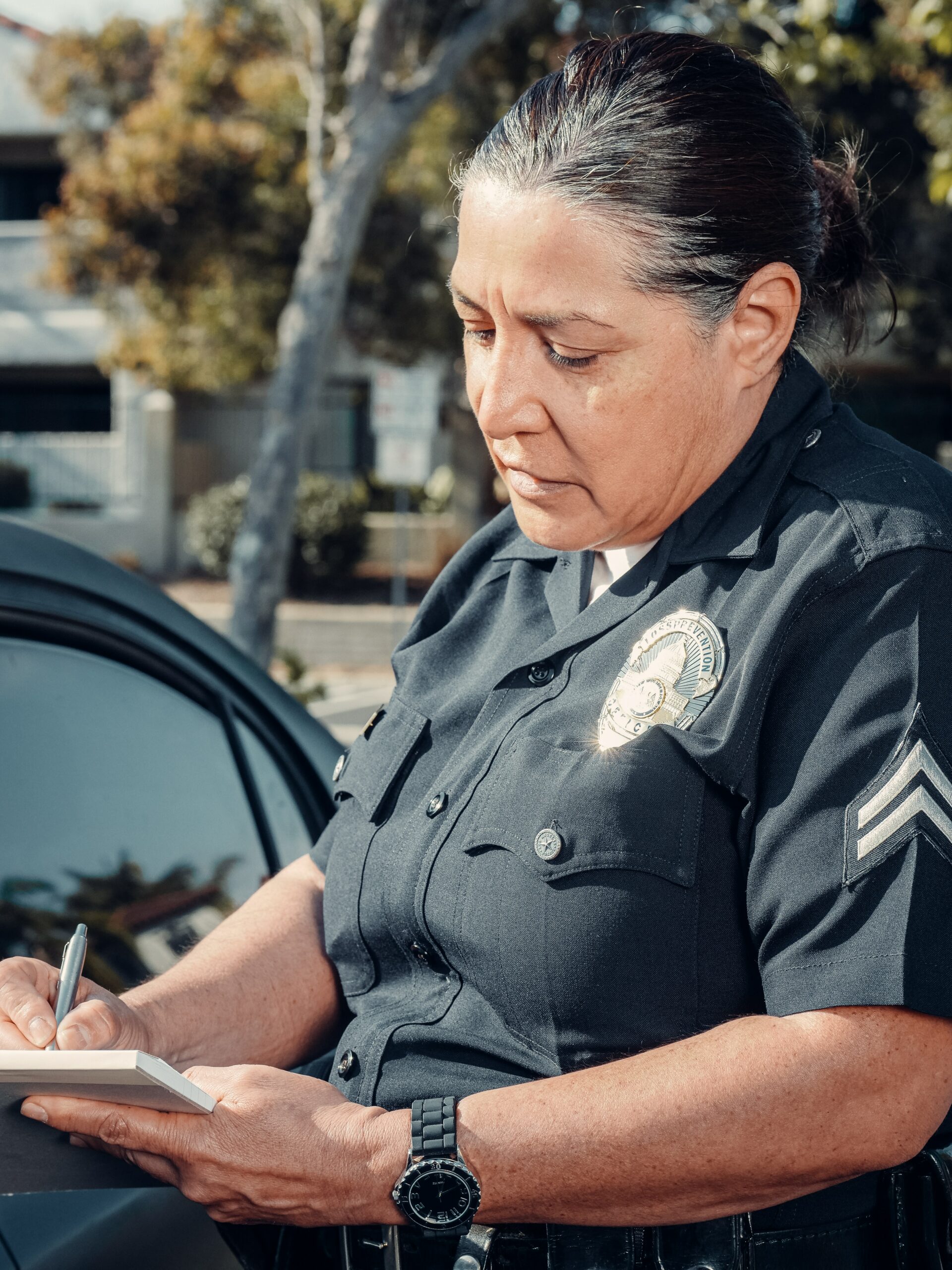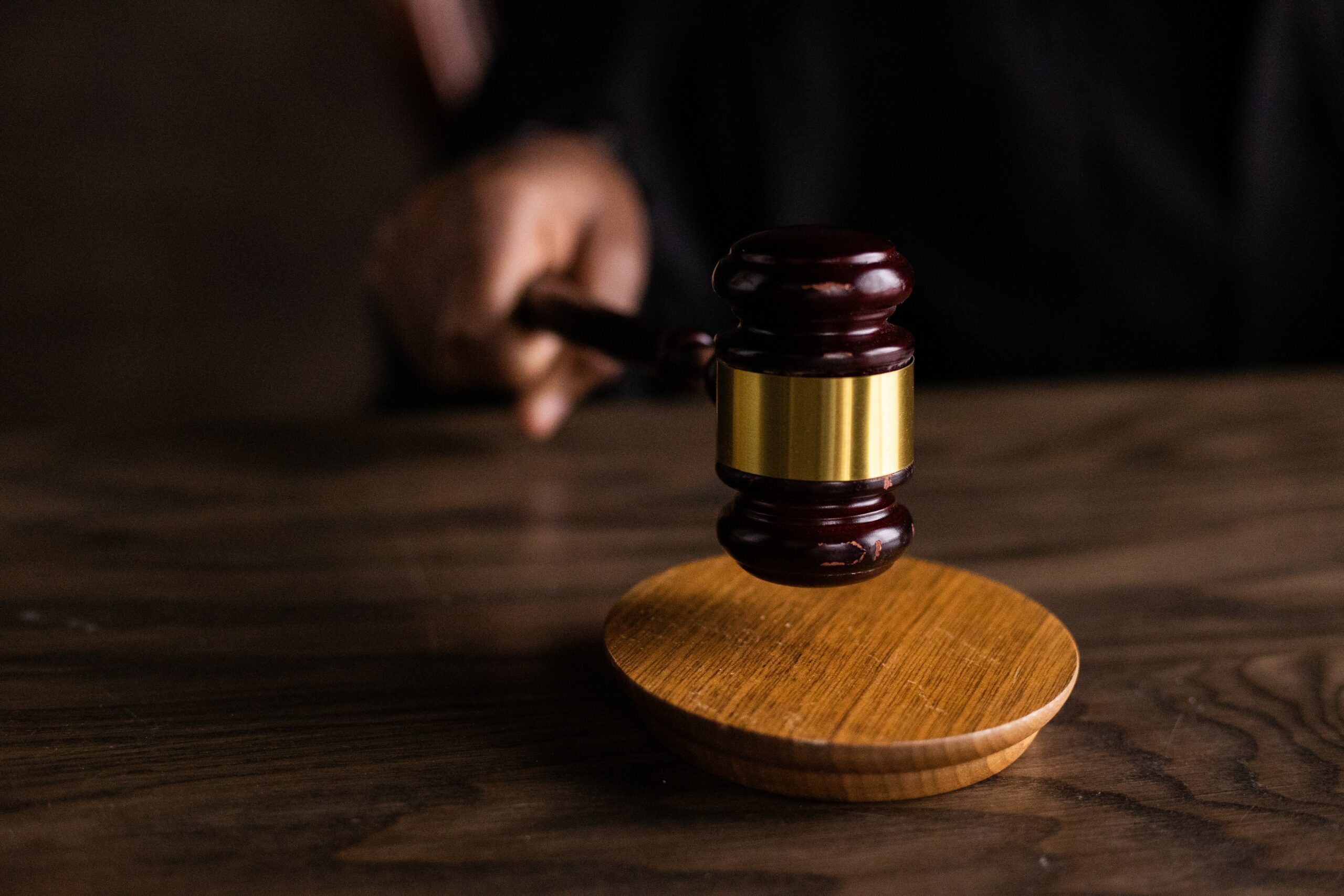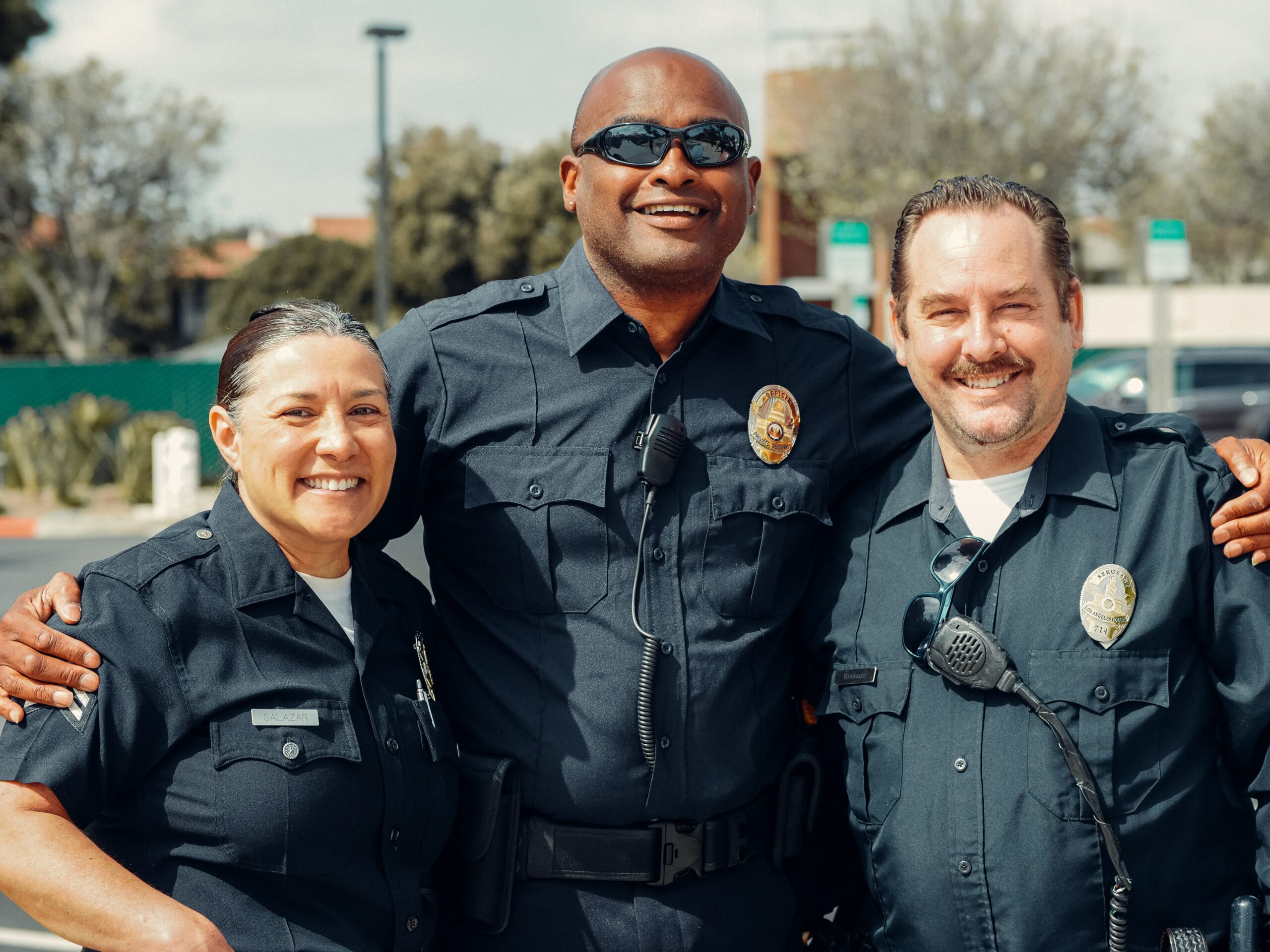Public safety agencies are typically required to record communications for several reasons, including:
Evidence collection
In many cases, public safety agencies are required by law to maintain records of their communications. In order to prove their case in court, to conduct internal investigations, or to comply with other legal requirements, public safety agencies must maintain records of their communications.

Training and quality assurance
Communication recordings can be used by public safety agencies to review and evaluate the performance of their personnel. Additionally, they can identify areas for improvement, and provide training to the personnel.

Incident Documentation
While recordings can be useful in reconstructing the sequence of events, they can also help in identifying the root cause of the incident. The purpose of incident documentation is to create a record of the event, including the time, location, parties involved, and any relevant information that may help in resolving the issue. Incident documentation can also be used to identify patterns or trends in incidents, which can be helpful in preventing similar incidents from occurring in the future.
Liability Protection
Recordings can protect agencies from potential lawsuits or disputes by providing a detailed record of what was said and done during an incident or interaction. If an agency’s employee acted according to procedure and any applicable laws, and the agency can prove it with their recordings, they are not liable.

Transparency
The recording of public safety interactions with the public can provide a record of the interactions between the public and the various authorities in order to increase transparency and accountability.

Note: Requirements for recording public safety communications vary by jurisdiction, so it is recommended to consult the relevant laws and regulations in your area.
